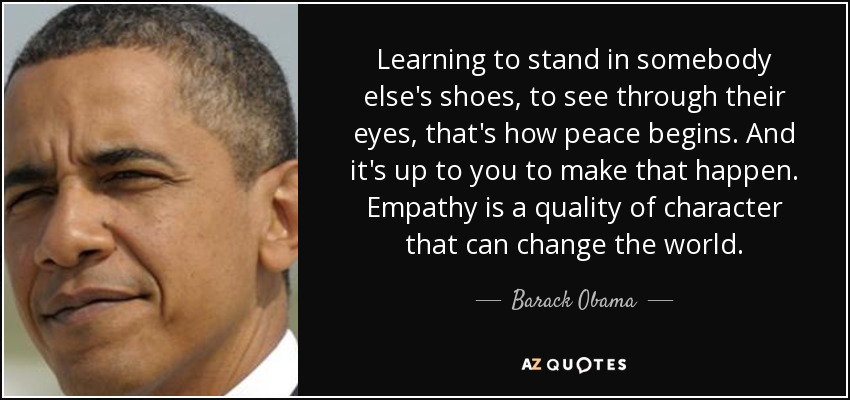I’ve never been one who demonstrates empathy very well. I care for people…it’s just that I’m sometimes clueless about what’s going on with them. A couple of years ago, we were making some significant changes to our HR organization. In fact, we were changing a 15-year service delivery model that had served us very well…it was just no longer sustainable with resource constraints we were facing. I knew team members would struggle with it.
So, I picked up a copy of Travis Bradberry’s Emotional Intelligence 2.0, which included a self-assessment. Not surprisingly, one of my lowest scores was “social awareness”—your ability to accurately pick up on emotions in other people and get what is really going on. The assessment pointed out that I miss non-verbal cues and can fail to spot the mood in the room. How true! I remember my former boss and mentor, Natalie often asking after a meeting, “Did you see what was going on between those two leaders?” I’d respond, “Natalie, the bubble above my head is generally blank, unless people are talking.” Then, I listen to what is being said…but I’ve had to work on listen to what is not being said and catching the mood in the room.
Fortunately, Roman Krznaric’s book Empathy: Why It Matters, and How to Get It gives some practical suggestions to leaders like me.
Click here to learn more


